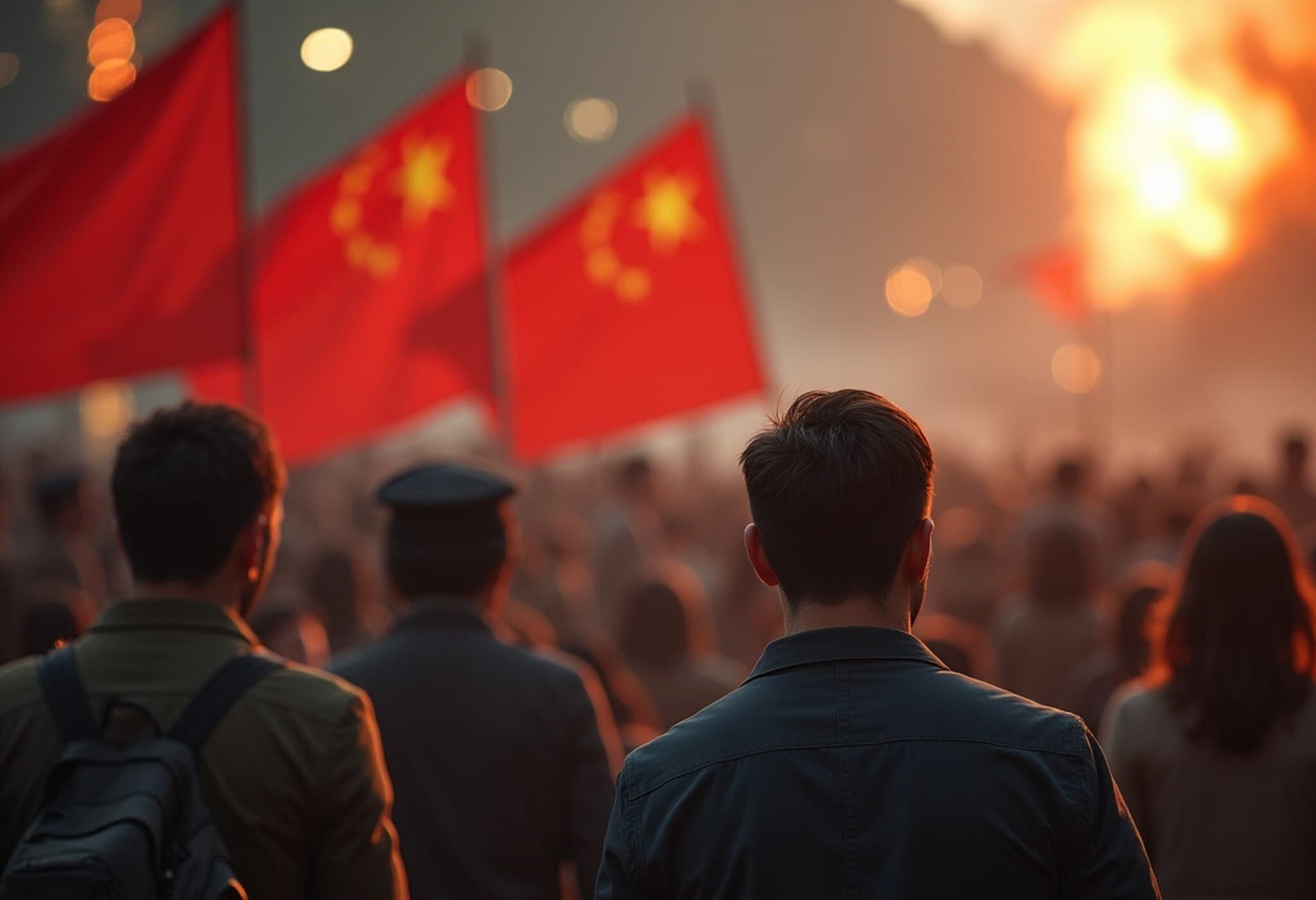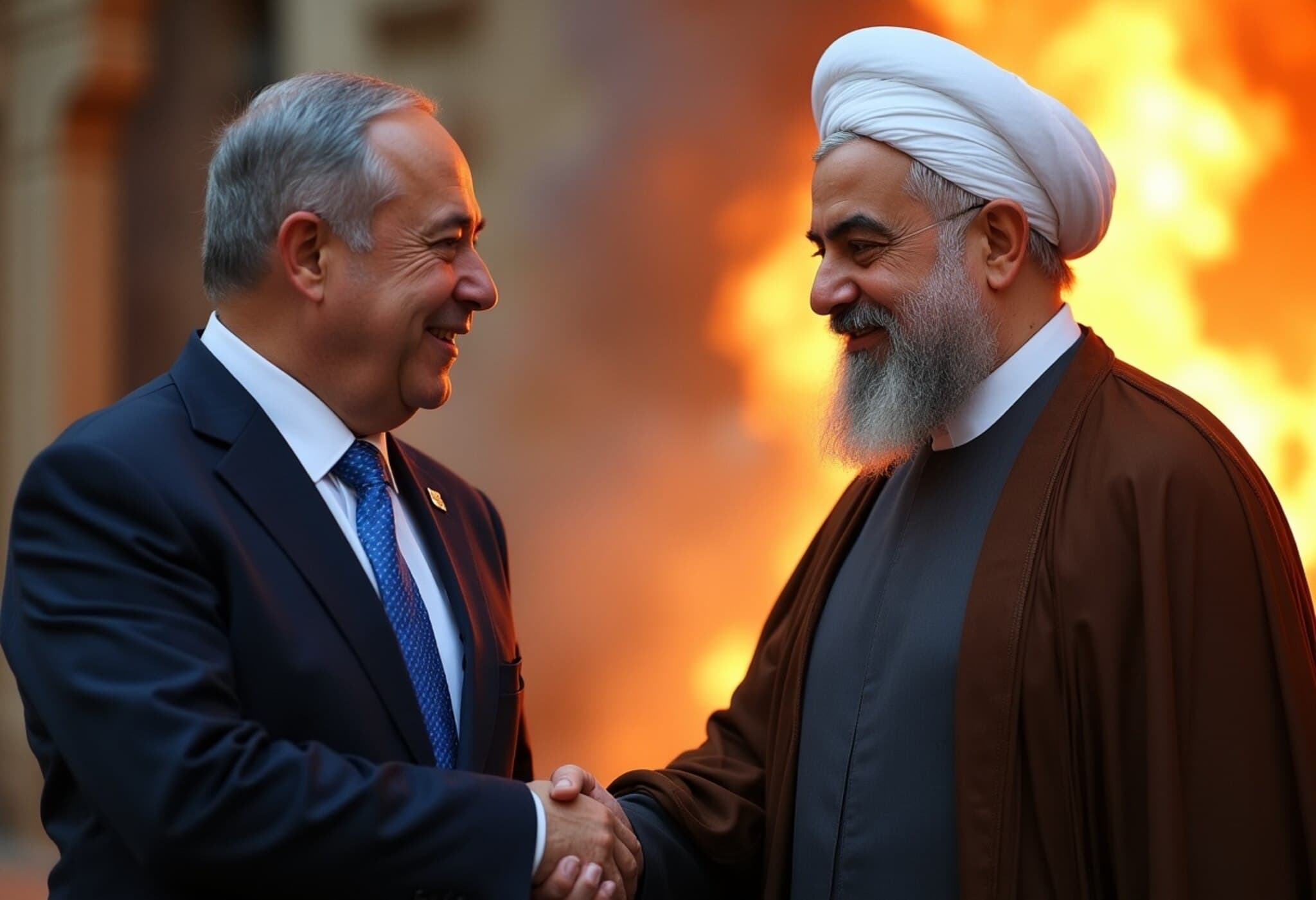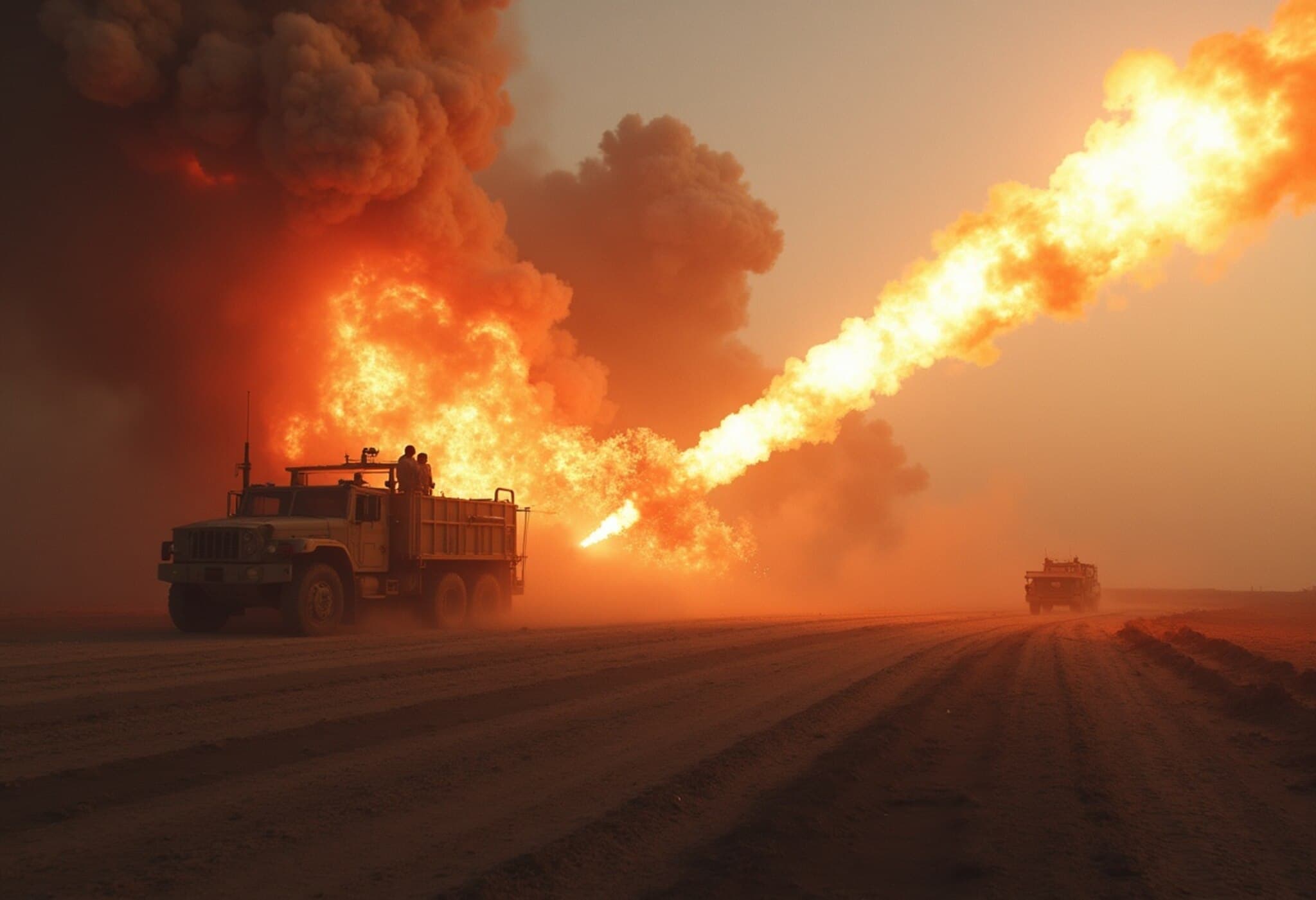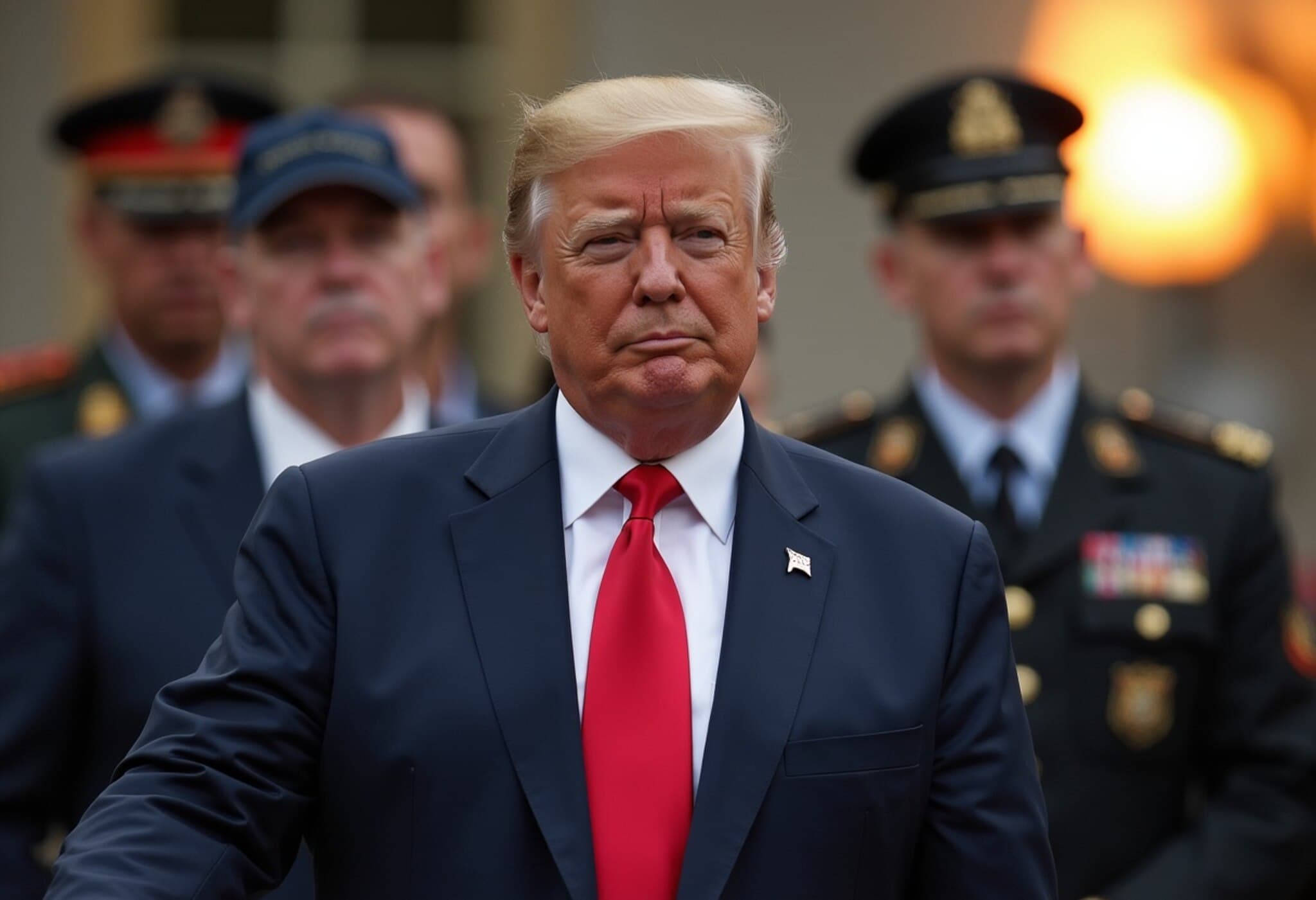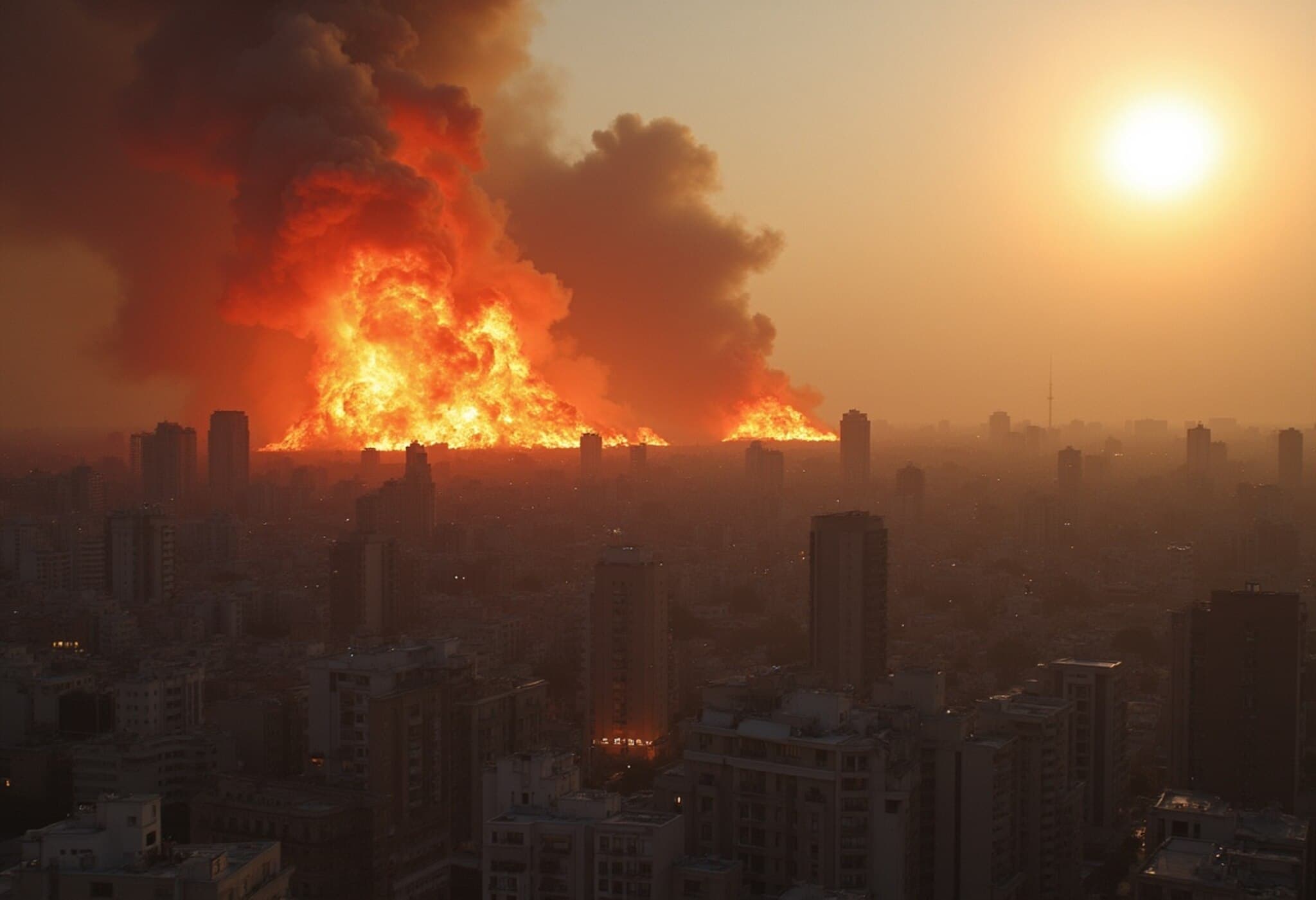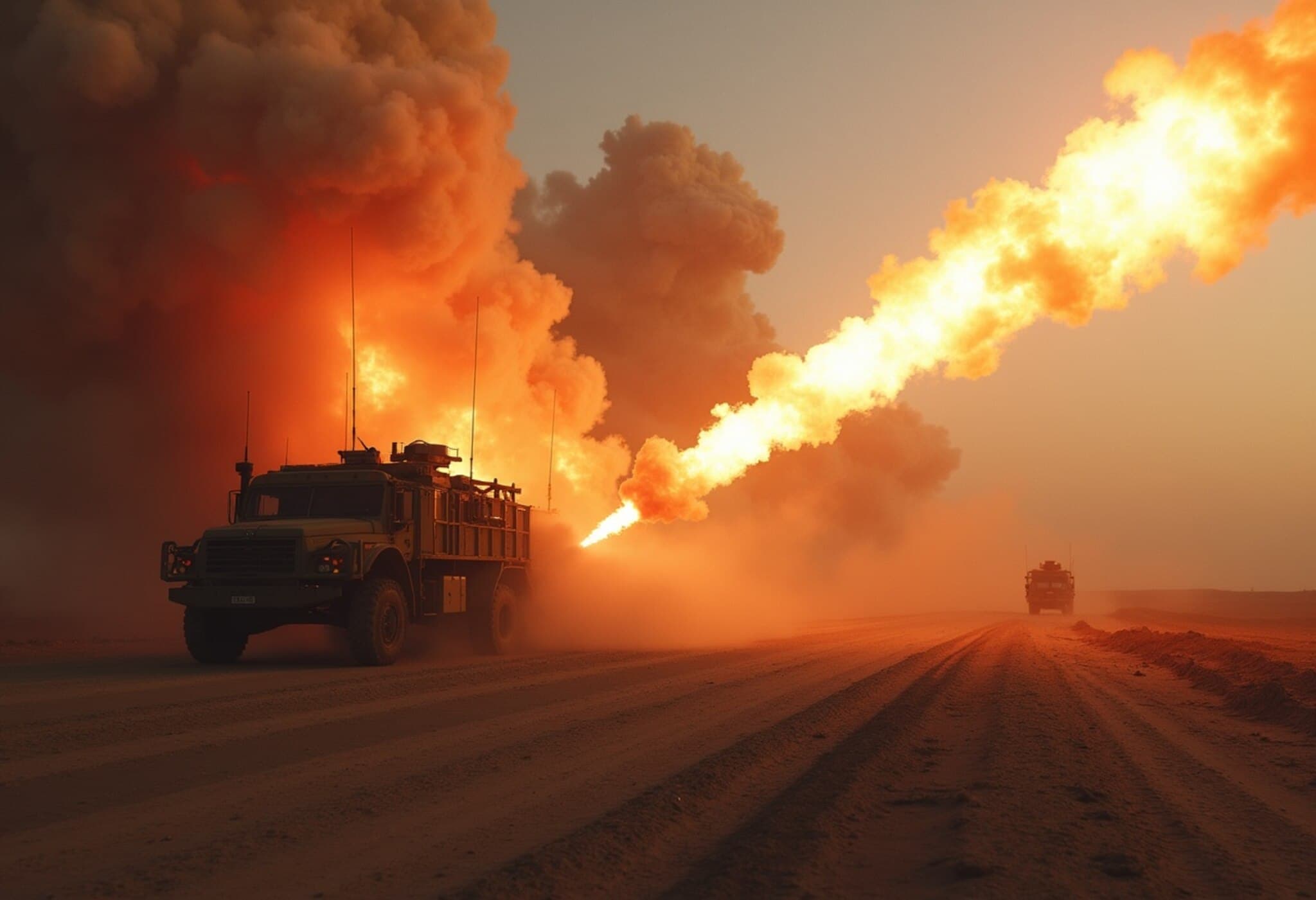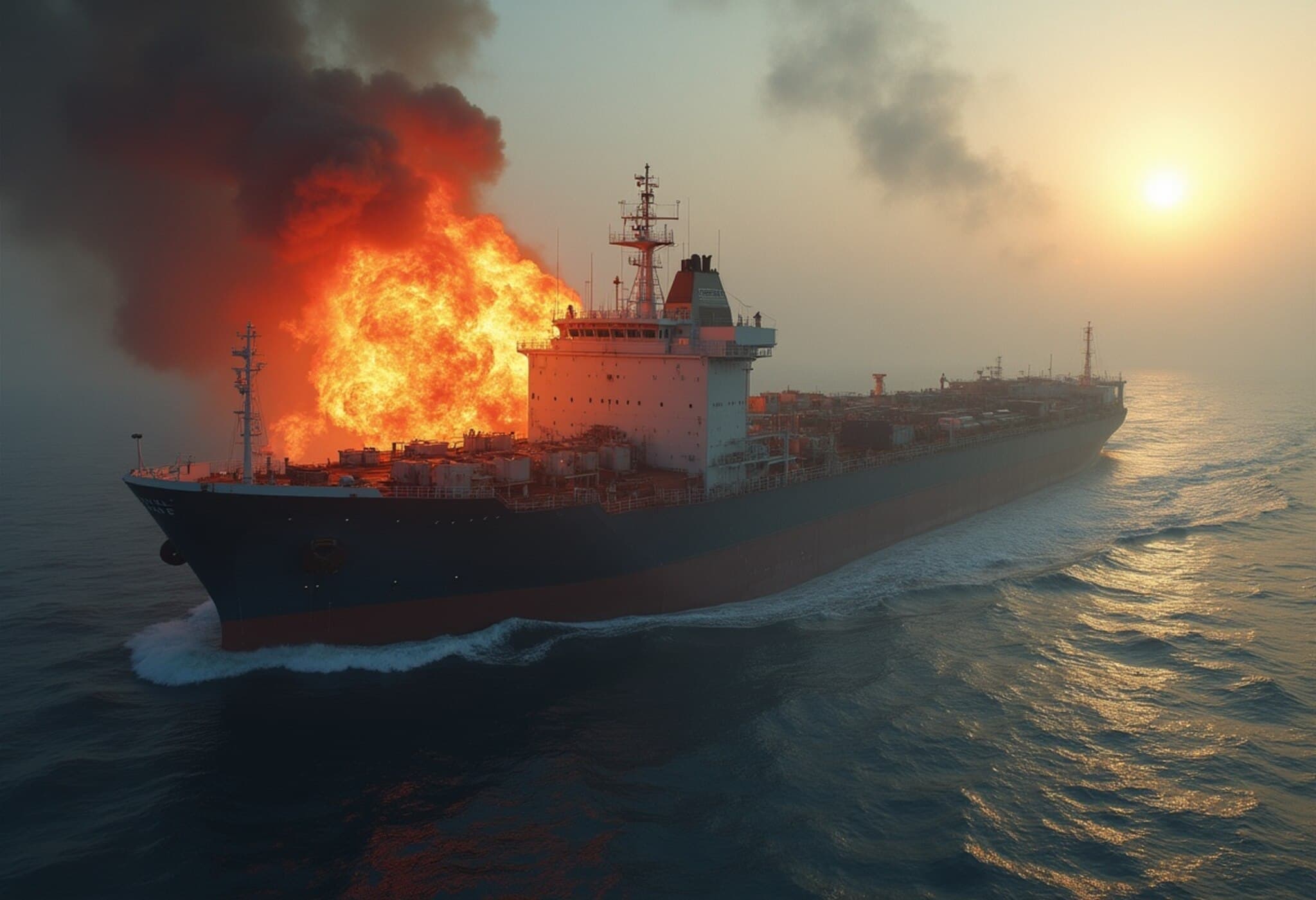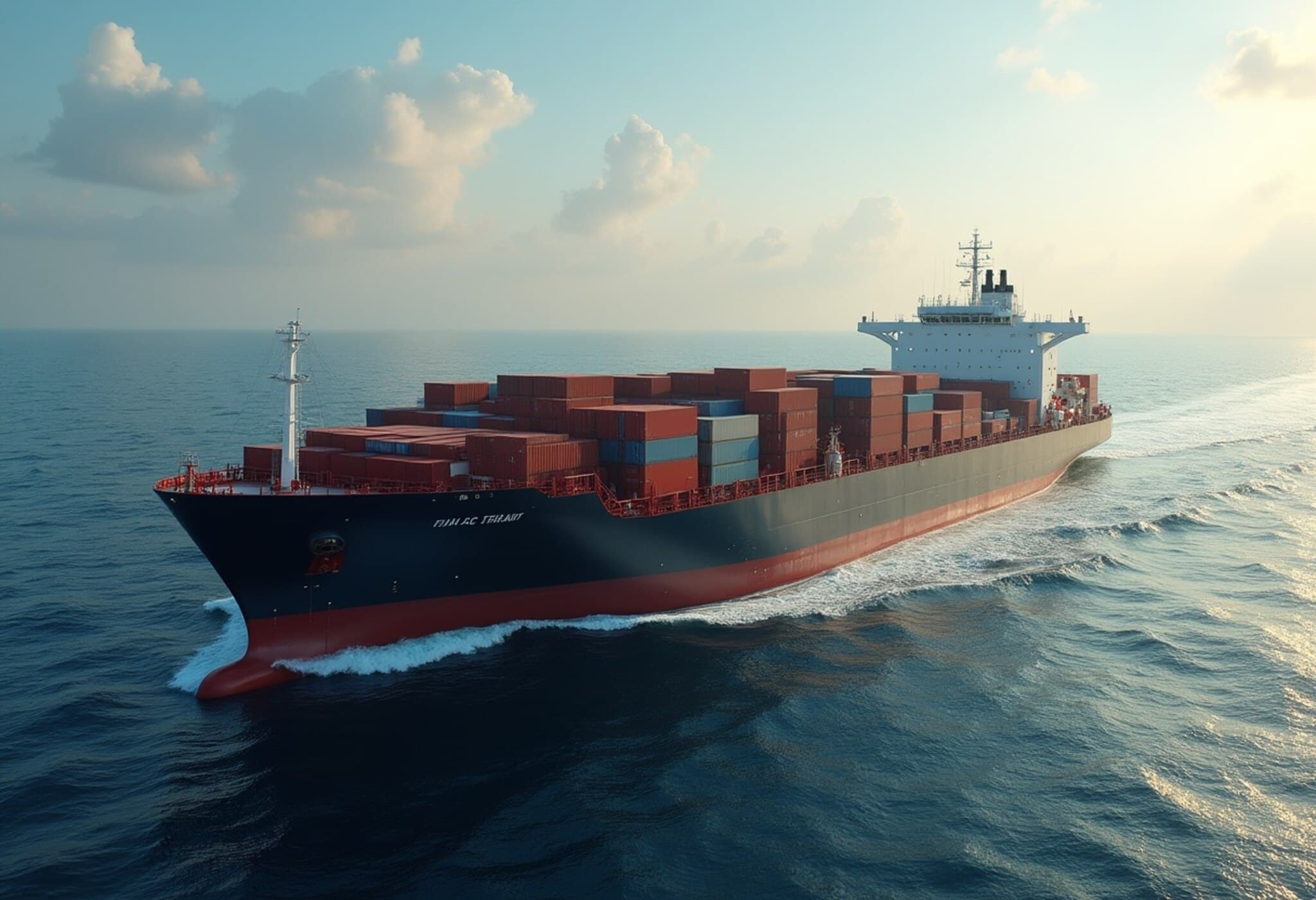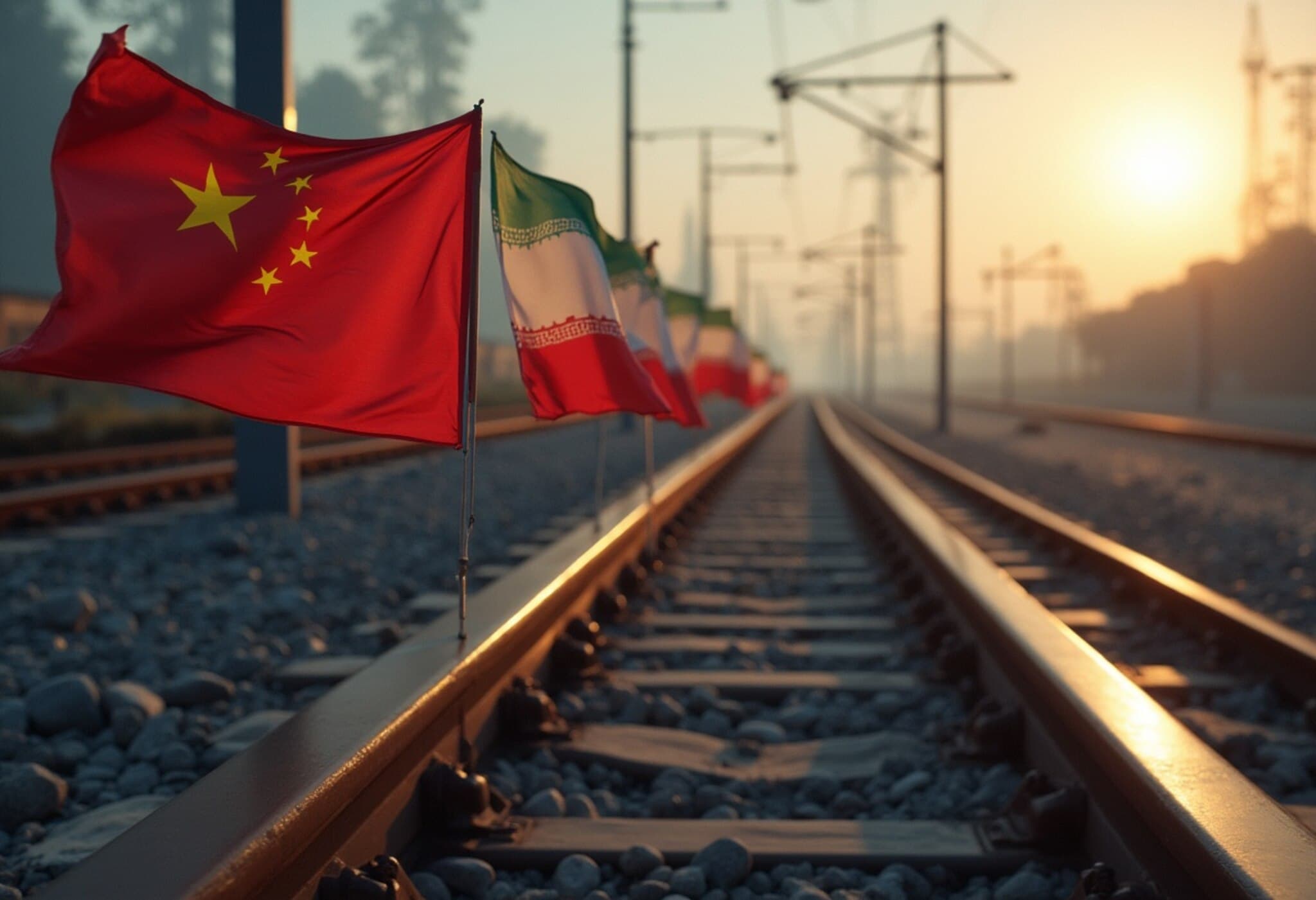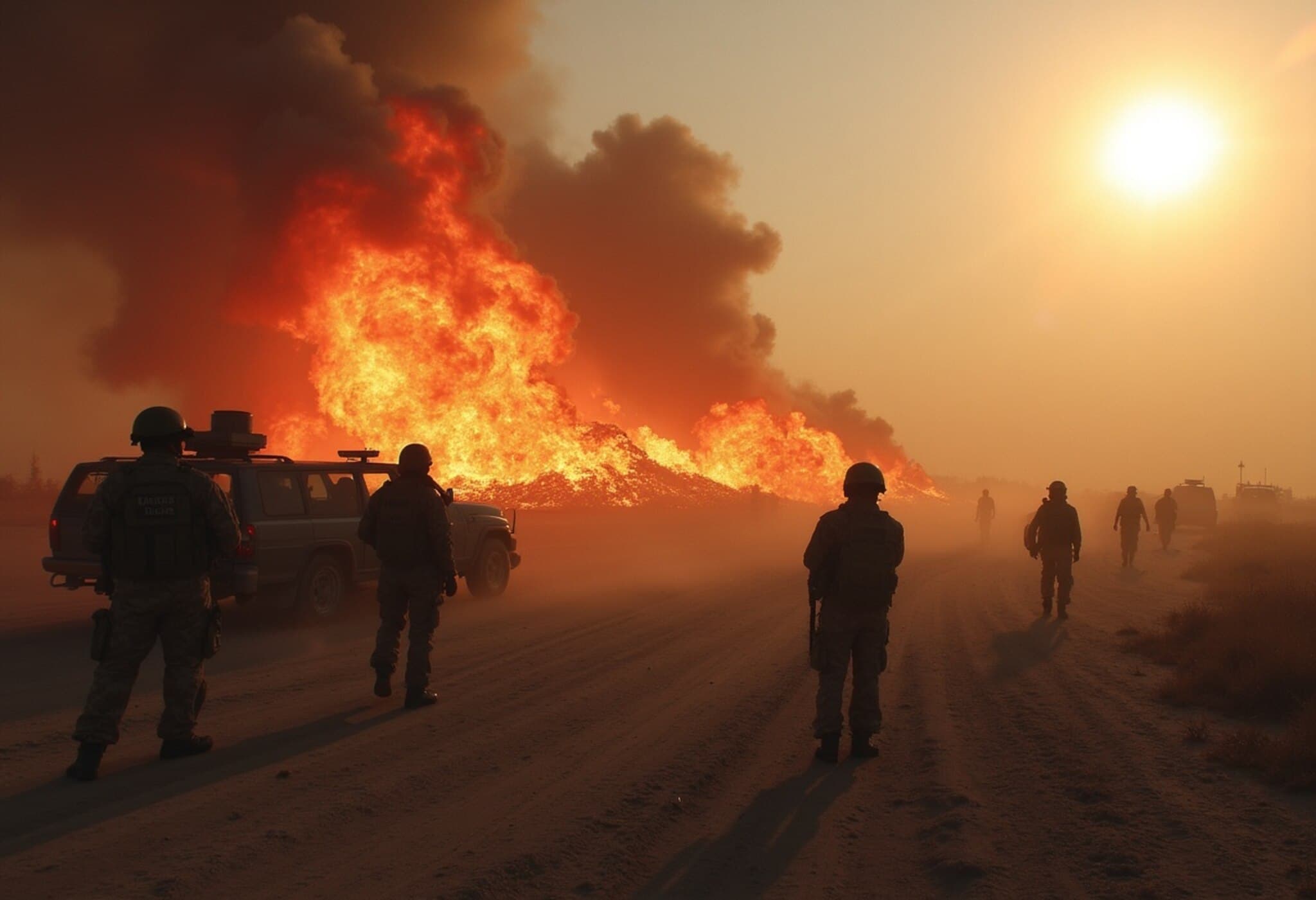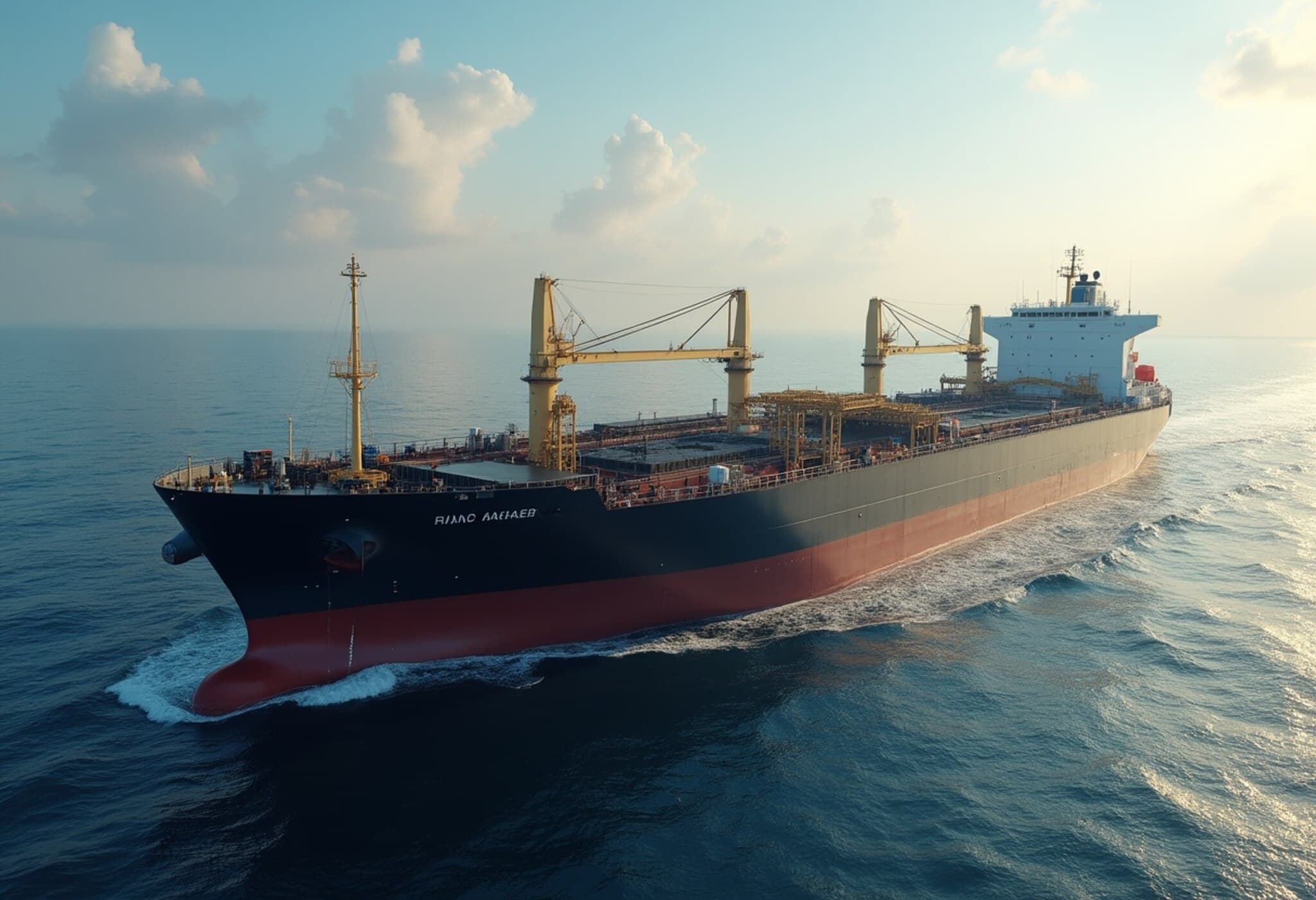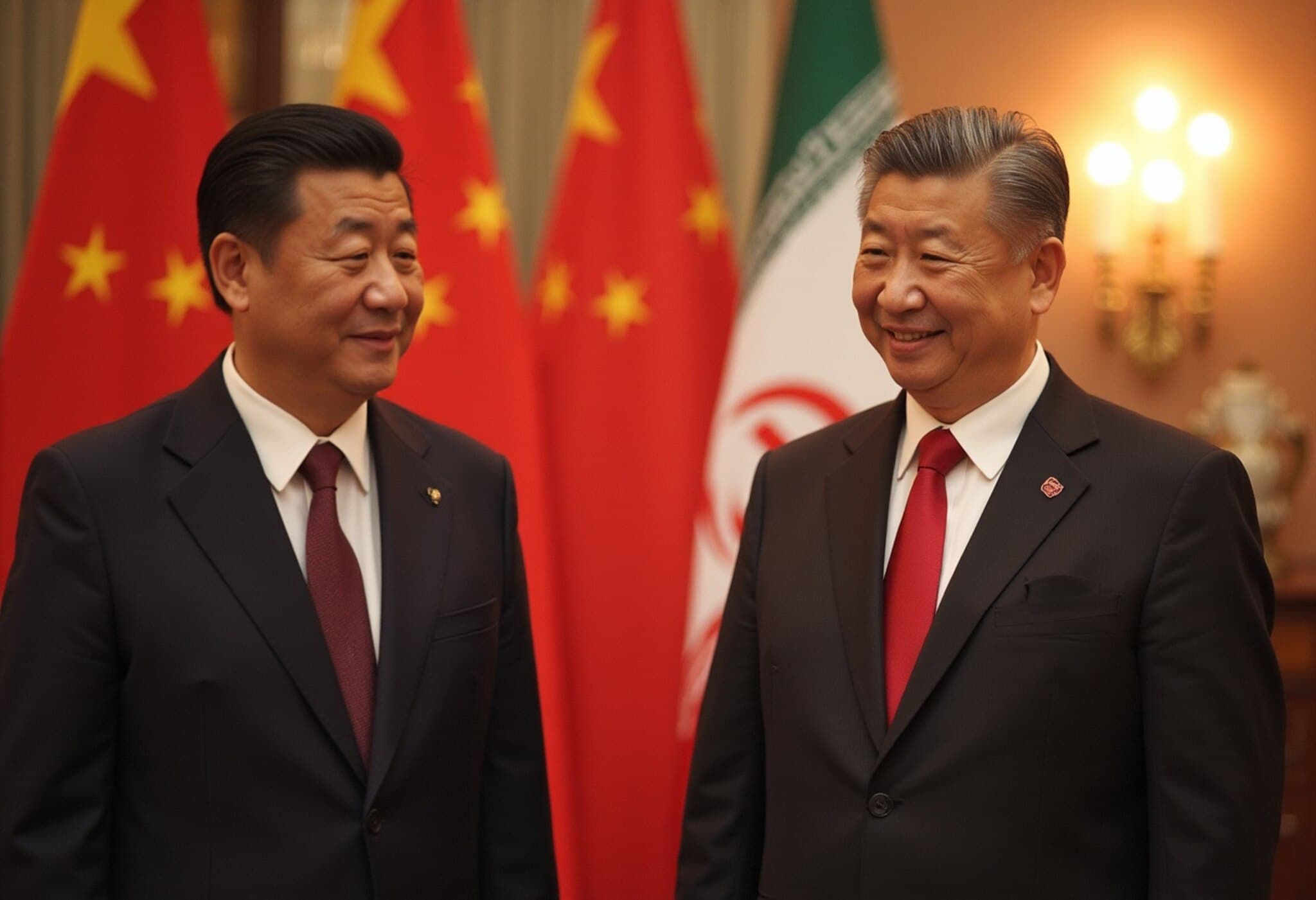China's Delicate Position Amid Middle East Turmoil
As the United States escalates its military actions against Iran's nuclear facilities, intensifying the ongoing conflict between Israel and Iran, China finds itself walking a fine line. Beijing has expressed its longstanding support for Tehran but is now adopting a more measured and cautious approach.
From Solidarity to Strategic Restraint
China and Iran have strengthened ties over recent years, culminating in a comprehensive cooperation agreement signed in 2021. Iran's significant population and vast crude oil reserves have made it a valuable partner, especially in efforts described by Chinese state-aligned media as a means to counterbalance U.S. dominance.
Beijing’s core economic interest revolves around securing access to Iranian oil and maintaining stability around the Strait of Hormuz—an essential artery for global energy supplies.
- Approximately 20 million barrels per day, about one-fifth of the world’s crude oil, passed through the Strait of Hormuz in 2024.
- Half of China’s oil imports traverse this vital corridor, with Beijing using specialized vessels and yuan-denominated transactions to sidestep sanctions.
Despite this deep economic link, China seems reluctant to intervene directly. Analysts note that Beijing’s ability to influence Israel is limited, and its strategic calculus is shaped by Washington’s increasing involvement.
The Complex Calculus Behind China’s Responses
China initially condemned U.S. strikes on Iranian territory as violations of sovereignty. Yet, over time, its public communications have softened, avoiding outright condemnation of Israeli military actions. Instead, China emphasizes the importance of regional stability, recognizing that escalating tensions could undermine its own strategic and economic interests.
China’s foreign minister branded the Israeli strikes as "unacceptable" in diplomatic discussions, but stopped short of explicit denunciations. This approach highlights Beijing’s effort to balance its alliance with Iran while avoiding alienating other regional and global actors.
Strategic Benefits Amid Rising Uncertainty
Some experts argue that China could endure disruptions around the Strait of Hormuz better than the United States or European Union. With alternative oil sources available from countries like Russia, Saudi Arabia, Malaysia, Iraq, and Oman, Beijing might tolerate higher prices and logistical challenges if they simultaneously weaken Western economies.
- Recent moves by Iran’s parliament to approve a potential closure of the Strait sent oil prices soaring, with Brent crude jumping over 2% to around $78.50 per barrel.
- Observers suggest China could view such upheavals as a strategic distraction for Washington, diverting its focus from other geopolitical arenas like the Indo-Pacific.
Opportunity Beneath the Crisis
China's United Nations representative condemned the escalating conflict and urged an immediate ceasefire. Still, Beijing appears to see value in America’s deeper engagement in Middle Eastern conflicts, using it to portray the U.S. as a destabilizing force on the global stage.
Building on its 2023 mediation success between Iran and Saudi Arabia, China may aspire to position itself as an essential peacemaker. However, skepticism remains over Beijing’s impartiality given its close ties to Iran and Hamas—entities viewed warily by Israel and the West.
Analysts emphasize that while China maintains diplomatic alignment with Iran, it has avoided providing material support or formal mediation offers. This cautious stance suggests a deliberate strategy by Beijing’s leadership to preserve influence on multiple fronts without committing fully to the volatile conflict.
Looking Ahead
As the Middle East faces heightened uncertainty, China’s measured response underscores its intent to safeguard energy interests and regional stability while capitalizing on geopolitical shifts that divert U.S. attention.
Whether Beijing will deepen its involvement or continue its careful balancing act remains a critical question for global observers watching this unfolding crisis.

